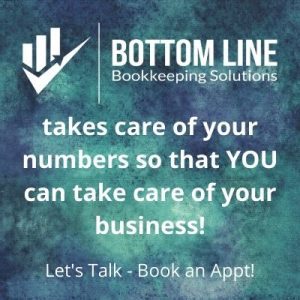 By Michele Scism
By Michele Scism
The Results Lady
Before you jump right in and ask your best friend to be your accountability partner for the rest of your natural-born life, there are several questions you want to ask yourself before committing to a long-term relationship. These questions will help you figure out what you want in an accountability relationship. Take your time thinking through your answers; the only mistake you can make is to jump in too fast and commit to something that's not right.
1. Where are you in your business?
Different business stages require different support. Do you need someone to brainstorm ideas? To cheer you on? To check in with to see if you've accomplished your weekly goals? Or to remind you of what your priorities need to be? Different goals might call for different personality types.
2. What time frame are you looking at?
Do you want someone to accompany you to the next stage of your business (for instance, until you get your product launched), or are you looking for someone to work with for the next quarter as you see how far you get? An accountability partnership will change over time, so plan to reassess the relationship regularly. Don't start one and assume you'll continue the formal relationship forever. Most will eventually run their course.
3. Who do you know?
Based on your needs in Question #1, do you have someone in mind for your partner, or are you starting from scratch? What resources (networking groups, online forums, etc.) do you have for finding a partner?
4. How much can you commit?
Partnerships are two-way streets, where you give your partner as much as he or she gives you. What can you offer, time- and resource-wise? Are you willing to offer introductions and advice, or only “atta boy” support? Don't expect to get back much more than you provide.
5. What are your preferences?
Do you want to communicate only by email, or do you want in-person or phone check-ins? Do you want someone who is in a similar industry to you, or would you prefer someone who's in a non-competing field? How often would you like to check in?
Once you've answered these questions, you'll be in a good position to start evaluating potential partners. In the next few sections we'll discuss some options so you can determine which accountability partnership type will work best for you.





